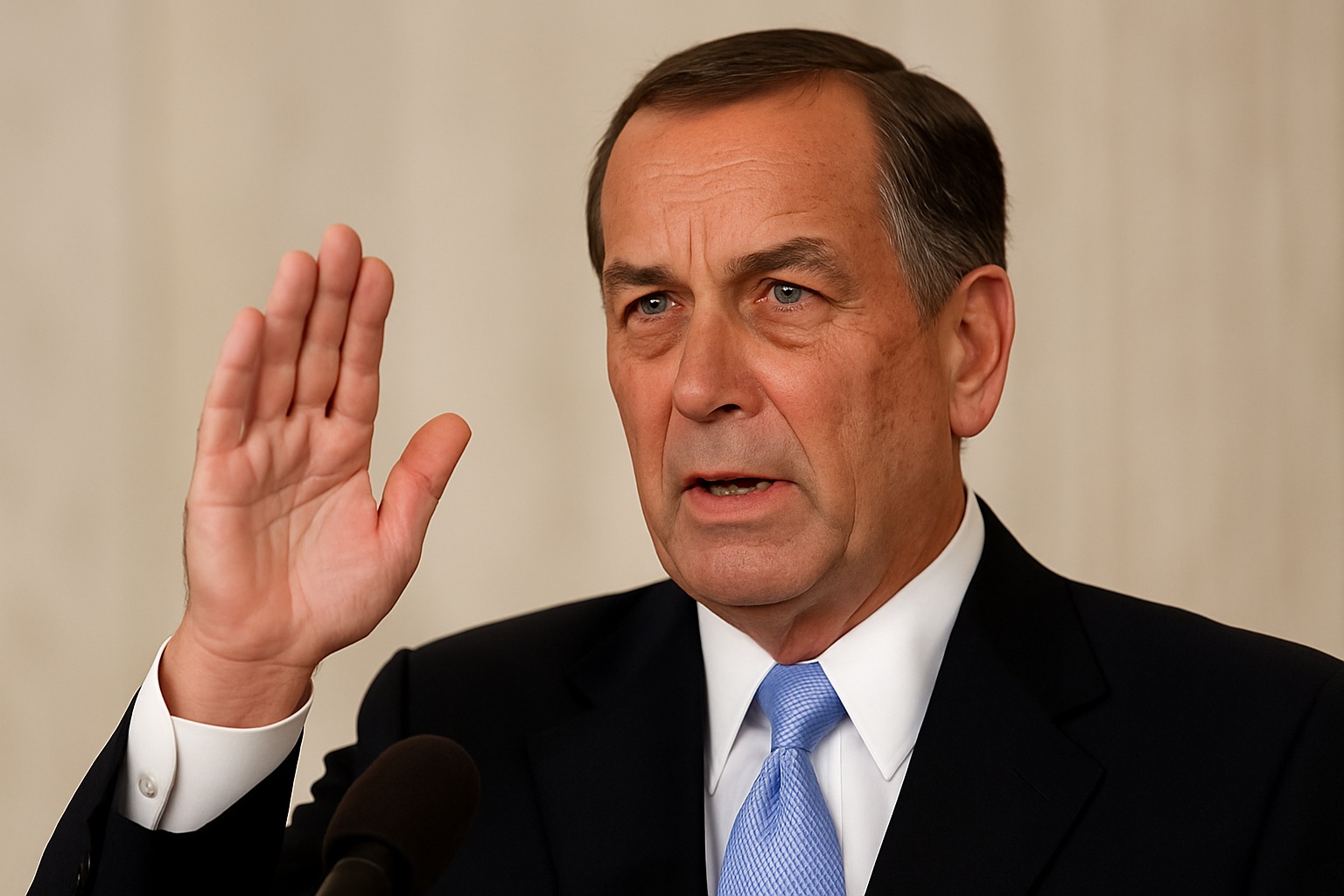Overview
Public opinion on health care reform shifted in early 2011, with data showing Republicans losing support for health care repeal efforts. As the House of Representatives prepared to vote on the repeal of the Patient Protection and Affordable Care Act (PPACA), new polling indicated declining enthusiasm for overturning the law.
Polling Results
An AP-GfK poll found that Republican support for repeal dropped from 61% shortly after the 2010 elections to 49% in January 2011. The same survey showed that 40% of respondents supported the health care law, while 41% opposed it.
These numbers represented a decrease in strong opposition compared to previous polls conducted since 2009.
The poll also revealed that only one in four Americans favored complete repeal of the law. While national opinion remained divided, overall opposition had softened. The PPACA expanded coverage to over 30 million uninsured individuals and required most U.S. residents to obtain health insurance for the first time.
Health and Human Services Findings
Coinciding with the debate in Congress, the U.S. Department of Health and Human Services (HHS) released new research on preexisting conditions. The study estimated that up to half of Americans under age 65 could be classified as having a medical condition that might lead to denial of coverage or higher insurance costs.
According to HHS researchers, between one-fifth and one-half of non-elderly Americans have medical issues—ranging from cancer and heart disease to asthma and high blood pressure—that insurers might classify as high risk.
The lower estimate represented individuals eligible for state high-risk pools, while the higher estimate included those with conditions that could increase premiums or limit coverage.
Researchers based their conclusions on data from the 2008 Medical Expenditure Panel Survey, which included information about health problems, doctor visits, and temporary disabilities among non-elderly Americans.
Fiscal and Policy Context
At the time, the Congressional Budget Office (CBO) projected that the Affordable Care Act would reduce the federal deficit by approximately $143 billion over nine years. The law also expanded health coverage, particularly for children and low-income individuals who had previously lacked insurance.
These findings influenced public perception of the repeal debate. With the law’s provisions beginning to take effect—such as protections for people with preexisting conditions—polling suggested growing acceptance of the reform’s goals and a shift away from complete repeal.
Summary
By early 2011, public opinion on the Affordable Care Act showed signs of stabilization. While partisan divisions remained, fewer Americans supported full repeal, and awareness of the law’s financial and healthcare implications continued to expand. The combination of polling data and health studies contributed to a broader national discussion about the long-term direction of U.S. healthcare reform.
